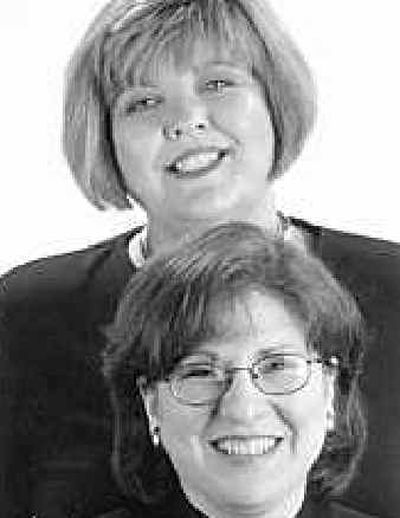Chronic liar should seek medical help

Dear Annie: All my life I have fought the urge to lie. We are not talking about little lies. I mean whoppers. Some of my lies have had a horrible effect on others. As a child, I was taught the consequences of lying, but it never stopped me.
I do not want to seek counseling, because I’m afraid this will lead to more lying — to my family about receiving therapy, and to my therapist about everything. I am 28 years old, and it’s reached the point where I sometimes cannot tell the difference between the truth and a lie. Please help me. — Lying in Canada
Dear Lying: Many people lie to protect themselves or to bolster their ego, but when the lying becomes compulsive, and for no particular purpose, it means you need psychotherapy and possibly medication. Chronic lying is often a sign of antisocial personality disorder.
Recognizing the problem is the first step. You’ve done that. Now talk to your doctor and ask for a referral to a therapist. Make an appointment and go. You can worry about what you will tell your family later. Good luck.
Dear Annie: I am writing for help in understanding what is happening in my life. It started three years ago, when my sister died of breast cancer at the age of 39. I was crushed when this happened. Then my best friend died at the age of 32.
Why do these things keep happening to me? I worry that I’ll be next. Can you help me? — Next on the List
Dear Next: These things aren’t happening to you. They are happening to people you care about, which means you are grieving and somewhat frightened, especially because these people died at a young age. It’s natural to worry, but if you are healthy, both physically and emotionally, the odds are in your favor. Please consider talking to a grief counselor about your recent losses. It will help.
Dear Annie: We teach our kids to ask permission to go somewhere and not to play alone. We warn them to stay away from people who offer treats or want help finding a puppy. And we remind them not to open the door to anyone when home alone. These are obvious safety rules. The Polly Klaas Foundation would like to suggest not-so-obvious things parents can tell their children to keep them safe:
If an adult asks you for help or directions, get away fast and tell. Adults don’t need to ask kids for these things.
Adults, even ones you know, shouldn’t offer kids treats or trips without making sure the kids check with their parents first.
Private parts are your own. No one should touch the parts of your body that are covered by a bathing suit.
Parents should play this game: “What if we were at the ballpark and you couldn’t find me? Who would be a safe person to ask for help?” Wherever you go, point out safe people to rely on for help: a mother with children, cashiers, policemen.
Have a secret password that only you and your child know. If you need to send someone else to pick up your child, he or she must know the password, or the child is to say “no” and tell a trusted adult.
We hope these suggestions help. For more information, your readers can visit www.PollyKlaas.org. — Glena Records, Polly Klaas Foundation
Dear Glena Records: Thank you for providing our readers with useful information to protect their children. We hope they will check your Web site for more helpful ideas.